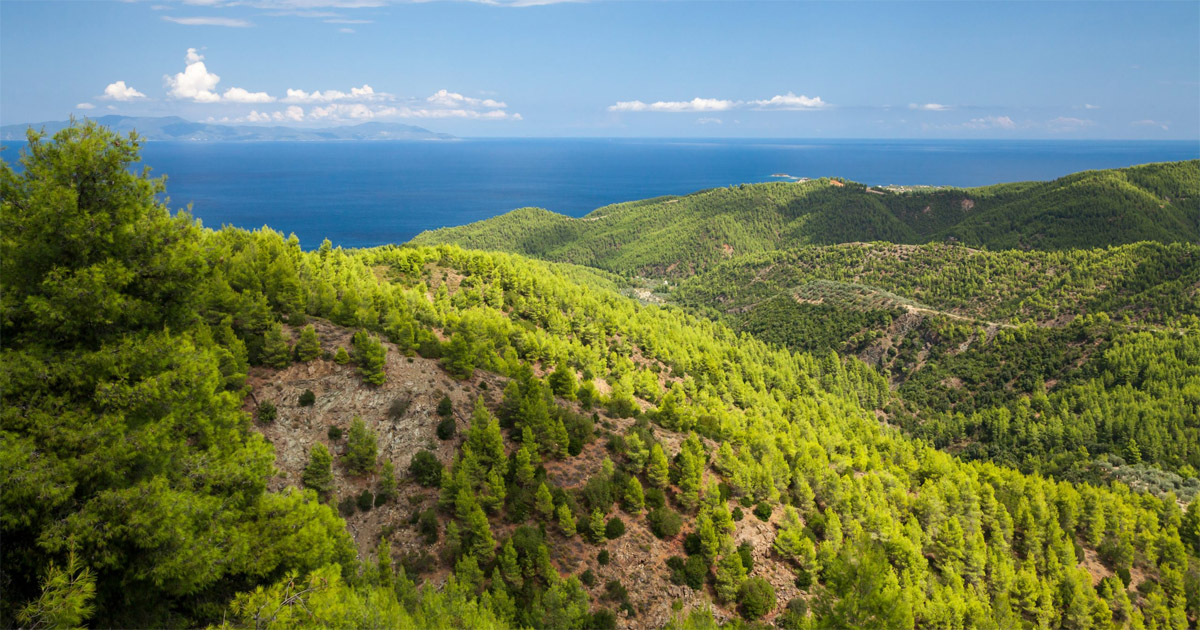We fear that in a time when "paranoia and uncertainty... drive behaviours reminiscent of those during the Black Death", as Williams states, identifying bats, chimpanzees and other species as primary sources of this terrible scourge could trigger attempts to eradicate these animals.
It also smacks of hypocrisy to ask these African governments to forbid the use of local natural resources in this way. By analogy, following the spread in the UK of BSE – aka mad cow disease – should British citizens have given up eating and trading beef once and for all?
This is not to downplay the serious impact of the eating of bushmeat on wildlife in tropical regions. To maintain clarity over which behaviours threaten wild animals and which do not, however, it is preferable to avoid lumping all domestic consumption of indigenous fauna under the term "bushmeat". This will also help us avoid foisting culturally specific moral imperatives on others from different cultural backgrounds and economic circumstances.
We agree with Williams that an answer to reducing the threat to vulnerable wildlife in the region, and possibly also the wider spread of Ebola, is stopping the illegal trade in wildlife – dead or alive. This seems a more equitable approach to addressing a culturally divisive issue: the consumption of indigenous wild animals in developing countries.
Using the Ebola epidemic as a Trojan horse for conservation leads to unfortunate associations with that long outdated discourse of conservation which favours wildlife over people.
Tahun publikasi
2014
Penulis
Pooley, S.; Fa, J.E.; Nasi, R.
Bahasa
English
Kata kunci
meat animals, diseases, wildlife, food availability


















